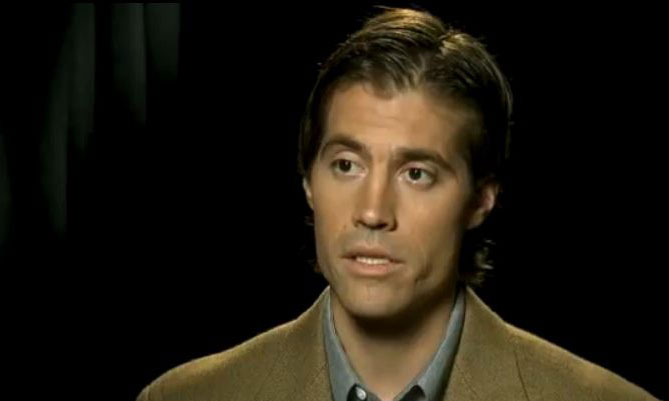
World Press Freedom Day: Where Journalism Stands in 2016
Reflecting on this week's World Press Freedom Day, media groups around the globe are asking the United Nations to take steps to further protect and speak up for correspondents. And one group is determined to keep the work and memory of slain journalist James Foley alive.
At a time when journalists are facing the risk of arrest for doing their jobs, both globally and domestically, the value of World Press Freedom Day, which takes place annually on May 3, is all the more evident.
This is especially true given that the risks journalists face don’t end with arrest. Since 1992, 1,189 journalists have been killed while doing their jobs, according to the Newspaper Association of America. Of those deaths, 787 took place since 2005, with 67 occurring last year, according to Reporters Without Borders (RSF).
Both groups have joined a broad coalition of media outlets, nongovernmental organizations, journalists, and high-profile figures in seeking action to prevent mistreatment of members of the press.
Among the associations and nonprofits that have joined the coalition are the World Association of Newspapers and News Publishers (WAN-IFRA), United Nations Correspondents Association, the Committee to Protect Journalists, Human Rights Watch, the International Women’s Media Foundation, and the Rory Peck Trust.
The coalition hopes to bring about the creation of a position whose occupant would advocate before the United Nations for the safety of journalists. (The official would be known as special representative to the U.N. secretary-general for the safety of journalists.)
“Political will is the most important factor in making real, long-lasting and accountable change to the way journalists are protected and their safety is addressed worldwide,” Andrew Heslop, WAN-IFRA’s director of press freedom, wrote in a blog post.
The Role James Foley’s Memory Plays
Another group that’s active in the campaign is the James W. Foley Legacy Foundation, a relatively new organization that fights for the release of American hostages worldwide, as well as for freedom of the press.
Few fatalities hang over the work of these groups more than that of Foley, a freelance journalist who was executed by ISIS in 2014. Questions still remain about the tragedy and the role that world governments may have played in Foley’s death.
Foley’s mother, Diane, has since become a key figure in speaking up for journalists in captivity, helping to create the foundation in her son’s memory. On Tuesday night at the Newseum in Washington, DC, she helped launch an awards ceremony in her son’s honor.
Thank you David Rohde, recipient of the James W. Foley Press Freedom Award, for all your work to support… https://t.co/5nYoDMekyE
— James W. Foley Legacy Foundation (@JamesFoleyFund) May 4, 2016
“As he saw those struggling with access to education, with freedom to speak, he became more and more passionate about the human-right aspect of freedom of speech,” Diane told Fox 5 of her son’s legacy.
Could a voice for journalists at the United Nations help prevent another tragedy like James Foley’s? It’s tough to say, but one thing it could do, according to RSF Secretary-General Christophe Deloire, is offer another layer of diplomatic support for both reporters and the stories they share.
“Without effective protection for journalists, you cannot guarantee the right to information, and you cannot combat propaganda and violent extremism,” Deloire said in a statement.
Late journalist James Foley, shown in 2011. The foundation created in his name is a supporter of the United Nations campaign. (Wikimedia Commons)






Comments